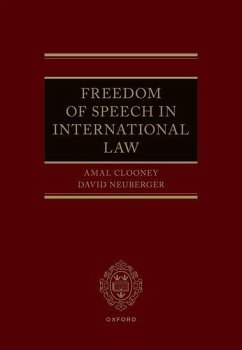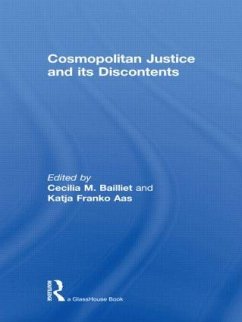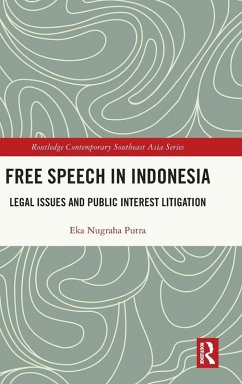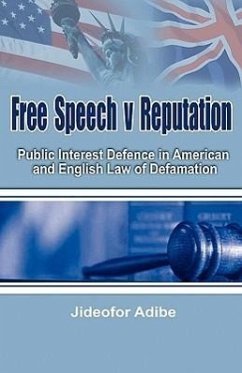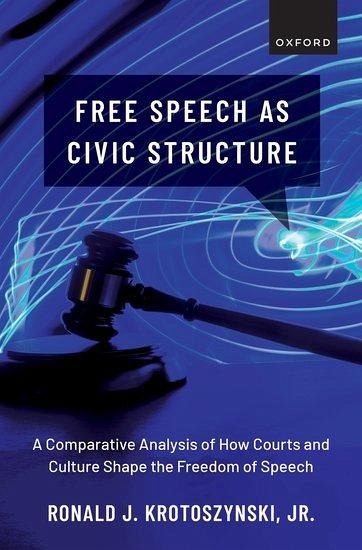
Free Speech as Civic Structure
A Comparative Analysis of How Courts and Culture Shape the Freedom of Speech
Versandkostenfrei!
Versandfertig in über 4 Wochen
108,99 €
inkl. MwSt.
Weitere Ausgaben:

PAYBACK Punkte
54 °P sammeln!
This book examines and explains the limited relevance of constitutional text to the scope and vibrancy of free speech rights within a particular national legal system. The author argues that, across jurisdictions, text or its absence will serve merely as a starting point for judicial efforts to protect speech activity.







